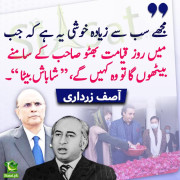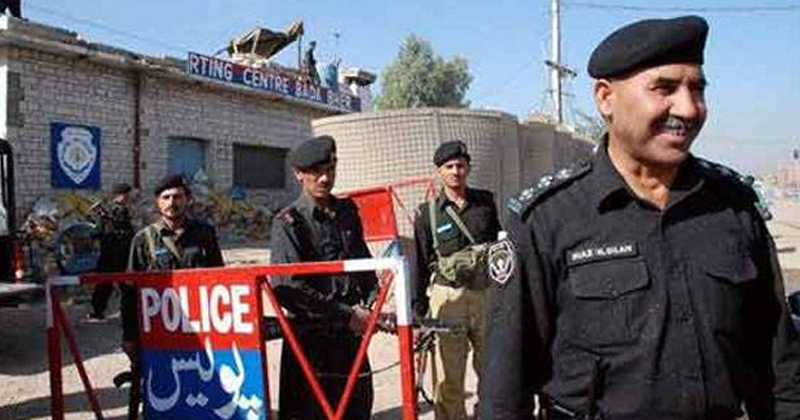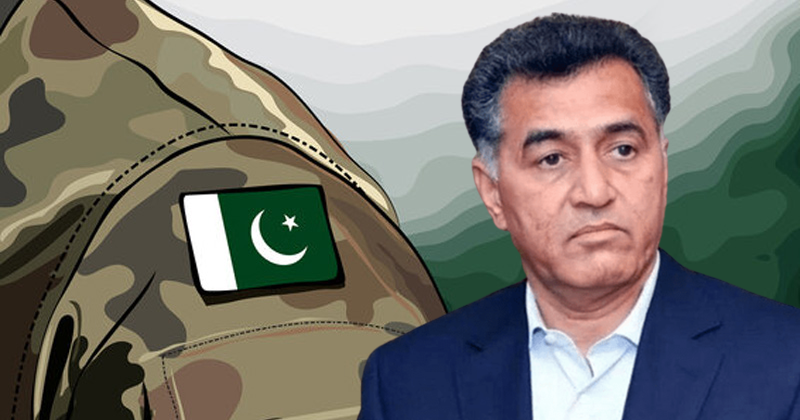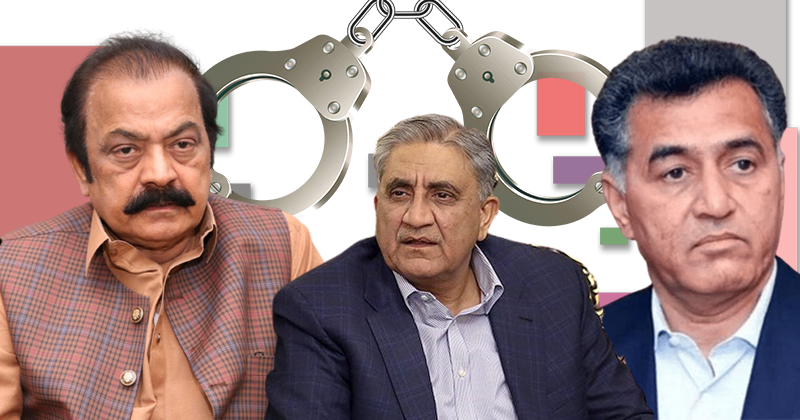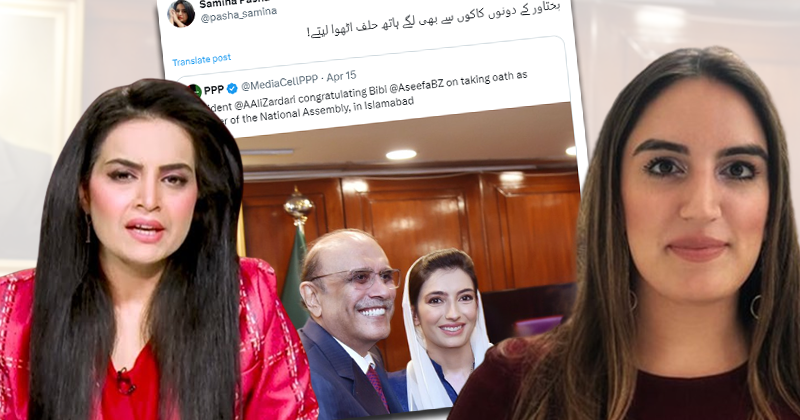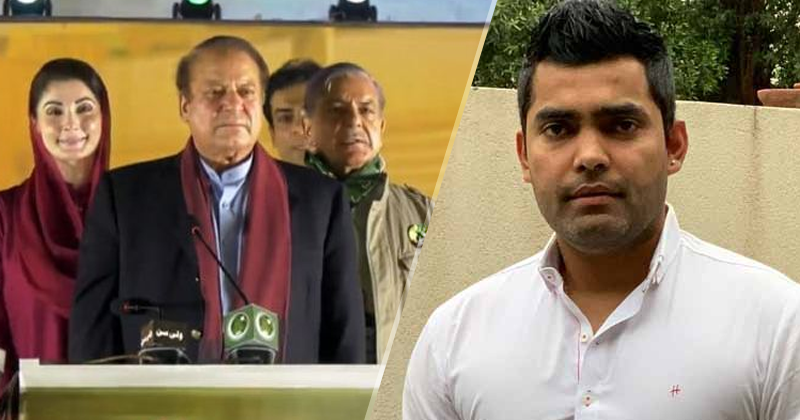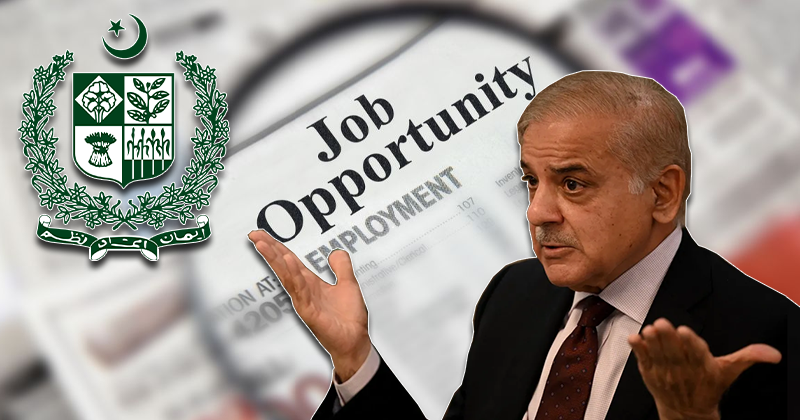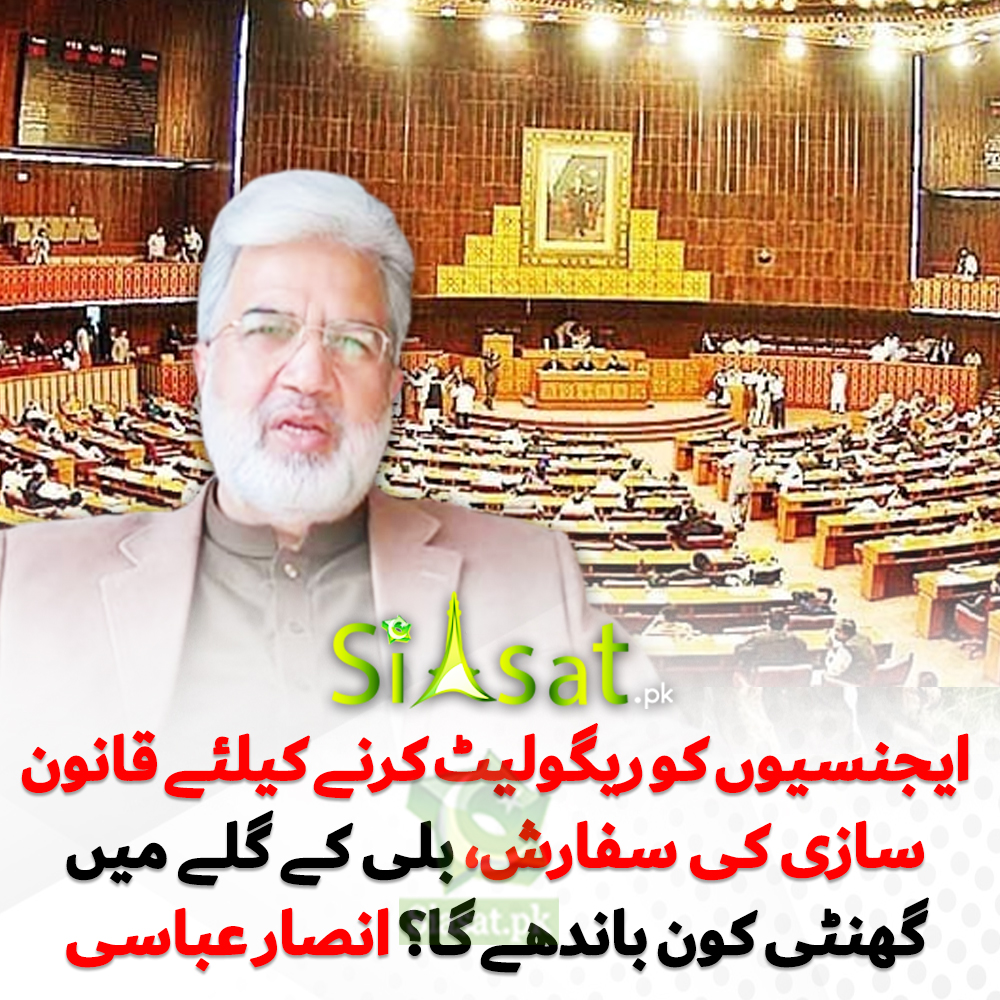As the International Monetary Fund meets to give Pakistan another loan, the country's economy remains in deep trouble.
How serious is US Secretary of State Hillary Clinton when she threatens Pakistan with "severe consequences" for not doing enough to fight terrorism?
Friday, the 14th of May will give us some indication. The Board of the International Monetary Fund (IMF) will meet in Doha to decide the fate of the fifth tranche of the $11.3-billion loan to Pakistan.
IMF has already given Pakistan about $6.35 billion in the previous four tranches. The meeting is in Doha because IMF staff are not willing to risk travelling to Pakistan.
Will Pakistan Finance Secretary Salman Siddique convince the Board that his ministry can deliver on the fiscal deficit target, keeping it below 4 per cent of gross domestic product (GDP), and carry out fiscal reforms, including the implementation of value-added tax (VAT) by July 1, or will he get bogged down answering questions on the government's ability to make its writ run?
As in the case of most other countries, IMF wanted Pakistan to reduce its deficit, raise energy prices, introduce VAT and take other measures to increase the tax-to-GDP ratio in the country.
According to the Atlantic Council, a US think tank, Pakistan has the lowest tax-to-GDP ratio in South Asia.
Pakistan's growth fell sharply in 2008-09, and while IMF has projected an improvement in 2010-11, the structure of the economy suggests achieving this will be an uphill task.
Manufacturing is down to a two-year low and GDP is largely driven by agriculture - the contribution of the manufacturing sector was negative in 2008-09 and 2009-10.
Credit to the private sector is down 5 per cent as compared to a year ago; investment-to-GDP ratios are a low 19 per cent; and current account deficit could be around 4 per cent of GDP.
Inflation is running at 13.26 per cent, foreign investment is down from $5 billion in 2007-08 to $3.5 billion in 2008-09 to $2.5 billion in 2009-10, the list of negatives goes on.
This decline in economic performance comes after five years of good performance during the Musharraf years. Musharraf inherited an ailing economy with less than $1 billion in foreign reserves; debt was 82 per cent of GDP; and 35 per cent of government revenues went towards debt servicing.
Economic sanctions implemented in the wake of Pakistani nuclear tests conducted in 1998 had hurt too. Musharraf turned things around and economic reforms were undertaken.
In late 1999, he told his people: "The revival of the economy is critical. Our economy is in deep trouble and revolutionary steps are needed to put it back on track."
He introduced austerity measures, increased accountability and rebuilt investor confidence in Pakistan. By allying itself with the US post 9/11, Pakistan under Musharraf was able to end the nuclear sanctions against it and increase the flow of money into the country.
In the three years preceding 9/11, Pakistan received $9 million dollars in aid from the US; in the three years post 9/11, this number climbed to $4.8 billion.
Good economics and good relations with India helped Musharraf deliver an average growth rate of close to 6 per cent during his six years in office. After Musharraf, Pakistan has suffered from a protracted decrease in investments in civil society. The private sector remains almost non-existent.
Exponential population growth puts pressure on power and water sources, while the high rates of inflation make everyday living harder for the average Pakistani citizen. Furthermore, Pakistan is highly dependent on remittances which are an unstable form of revenue.
The recently released United Nations Economic and Social Commission for Asia and the Pacific (UNESCAP) report said that "Pakistan's economy has been affected not just by the global economic crisis but also by the declining security situation and intensification of conflict linked to terrorism."
The global economic crisis, combined with the escalated war on terror at its doorstep, sent Pakistan back to IMF in November 2008.
This, in spite of the fact that till August 2008, the US had given $7.89 billion in military assistance and $3.1 billion in economic and developmental assistance to Pakistan. The US International Affairs Budget stated this number would reach $1.6 billion this year. The Defence Department suggests another $700 million in "security force support".
After partition, Pakistan was one of the few countries in the world that had an average growth rate of 5 per cent over a period of four decades, often growing faster than India.
This was not only above the global average, it made Pakistan a model for growth during the 1960s - in fact, South Korea mimicked Pakistan's second five -year Plan (1960-1965).
In the 1990s, due to the combination of poor economic governance by the Pakistan People's Party (PPP) and the Pakistan Muslim League (Nawaz) [PML (N)] rulers, a severe drought and increased defence spending, Pakistan's growth rate slowed to an average of 4 per cent.
While Benazir Bhutto and Nawaz Sharif attempted to place emphasis on the role of the private sector and liberal reforms in the 1990s, these were largely poorly implemented.
The Asian Development Bank has said that "Pakistan's economic prospects over the next two years are predicated on a successful completion of its IMF programme; a gradual improvement in the security and energy situations; and sustained implementation of fiscal reforms along with political stability."
The lessons that Pakistan learns from its economic collapse remain to be seen. Given that improved relations with India under Musharraf resulted in a stronger economic performance, will Pakistan overcome its security-based obsession with India and turn back to fostering stronger trade relations with its resilient neighbour?
How serious is US Secretary of State Hillary Clinton when she threatens Pakistan with "severe consequences" for not doing enough to fight terrorism?
Friday, the 14th of May will give us some indication. The Board of the International Monetary Fund (IMF) will meet in Doha to decide the fate of the fifth tranche of the $11.3-billion loan to Pakistan.
IMF has already given Pakistan about $6.35 billion in the previous four tranches. The meeting is in Doha because IMF staff are not willing to risk travelling to Pakistan.
Will Pakistan Finance Secretary Salman Siddique convince the Board that his ministry can deliver on the fiscal deficit target, keeping it below 4 per cent of gross domestic product (GDP), and carry out fiscal reforms, including the implementation of value-added tax (VAT) by July 1, or will he get bogged down answering questions on the government's ability to make its writ run?
As in the case of most other countries, IMF wanted Pakistan to reduce its deficit, raise energy prices, introduce VAT and take other measures to increase the tax-to-GDP ratio in the country.
According to the Atlantic Council, a US think tank, Pakistan has the lowest tax-to-GDP ratio in South Asia.
Pakistan's growth fell sharply in 2008-09, and while IMF has projected an improvement in 2010-11, the structure of the economy suggests achieving this will be an uphill task.
Manufacturing is down to a two-year low and GDP is largely driven by agriculture - the contribution of the manufacturing sector was negative in 2008-09 and 2009-10.
Credit to the private sector is down 5 per cent as compared to a year ago; investment-to-GDP ratios are a low 19 per cent; and current account deficit could be around 4 per cent of GDP.
Inflation is running at 13.26 per cent, foreign investment is down from $5 billion in 2007-08 to $3.5 billion in 2008-09 to $2.5 billion in 2009-10, the list of negatives goes on.
This decline in economic performance comes after five years of good performance during the Musharraf years. Musharraf inherited an ailing economy with less than $1 billion in foreign reserves; debt was 82 per cent of GDP; and 35 per cent of government revenues went towards debt servicing.
Economic sanctions implemented in the wake of Pakistani nuclear tests conducted in 1998 had hurt too. Musharraf turned things around and economic reforms were undertaken.
In late 1999, he told his people: "The revival of the economy is critical. Our economy is in deep trouble and revolutionary steps are needed to put it back on track."
He introduced austerity measures, increased accountability and rebuilt investor confidence in Pakistan. By allying itself with the US post 9/11, Pakistan under Musharraf was able to end the nuclear sanctions against it and increase the flow of money into the country.
In the three years preceding 9/11, Pakistan received $9 million dollars in aid from the US; in the three years post 9/11, this number climbed to $4.8 billion.
Good economics and good relations with India helped Musharraf deliver an average growth rate of close to 6 per cent during his six years in office. After Musharraf, Pakistan has suffered from a protracted decrease in investments in civil society. The private sector remains almost non-existent.
Exponential population growth puts pressure on power and water sources, while the high rates of inflation make everyday living harder for the average Pakistani citizen. Furthermore, Pakistan is highly dependent on remittances which are an unstable form of revenue.
The recently released United Nations Economic and Social Commission for Asia and the Pacific (UNESCAP) report said that "Pakistan's economy has been affected not just by the global economic crisis but also by the declining security situation and intensification of conflict linked to terrorism."
The global economic crisis, combined with the escalated war on terror at its doorstep, sent Pakistan back to IMF in November 2008.
This, in spite of the fact that till August 2008, the US had given $7.89 billion in military assistance and $3.1 billion in economic and developmental assistance to Pakistan. The US International Affairs Budget stated this number would reach $1.6 billion this year. The Defence Department suggests another $700 million in "security force support".
After partition, Pakistan was one of the few countries in the world that had an average growth rate of 5 per cent over a period of four decades, often growing faster than India.
This was not only above the global average, it made Pakistan a model for growth during the 1960s - in fact, South Korea mimicked Pakistan's second five -year Plan (1960-1965).
In the 1990s, due to the combination of poor economic governance by the Pakistan People's Party (PPP) and the Pakistan Muslim League (Nawaz) [PML (N)] rulers, a severe drought and increased defence spending, Pakistan's growth rate slowed to an average of 4 per cent.
While Benazir Bhutto and Nawaz Sharif attempted to place emphasis on the role of the private sector and liberal reforms in the 1990s, these were largely poorly implemented.
The Asian Development Bank has said that "Pakistan's economic prospects over the next two years are predicated on a successful completion of its IMF programme; a gradual improvement in the security and energy situations; and sustained implementation of fiscal reforms along with political stability."
The lessons that Pakistan learns from its economic collapse remain to be seen. Given that improved relations with India under Musharraf resulted in a stronger economic performance, will Pakistan overcome its security-based obsession with India and turn back to fostering stronger trade relations with its resilient neighbour?




